While business and industry move toward digital transformation, the research world can sometimes lag behind. Many institutions still use homegrown or legacy systems, or are still relying on paper routing. Others make do with an electronic research administration (eRA) platform incapable of integrating across their entire research ecosystem.
In an ideal world, sponsored research would be at the leading edge of technology and innovation, but disconnected processes and silos can limit even the most advanced technology. Catching up means acknowledging the research administration challenges of the past and present — and finding a complete solution for the future.
Past problems
Research Administration has evolved from hard copies and filing cabinets to a more modern, digital approach. Even in the computer age, disparate teams across departments relied on administrative staff to manually enter data, track research progress, and manage interdepartmental communication. Research administration was time-consuming, often overwhelming work, and results included slow growth, inefficient processes, and error-prone data entry — all of which contribute to risk and elongated cycles.
Historically, managing paper records or multiple, disconnected systems often led to data quality and compliance concerns. Regulatory compliance requirements demanded hours of administrative labor, and simple errors could detract from overall research results.
As automation and new data management technology came along, many institutions weren’t yet maximizing the technology that was available. A 2020 report from SRA International found more than half of institutions reported no clear strategy for using data analytics. In fact, many research organizations retain systems that have been gradually built in-house over the course of decades, which makes the transition to advanced technology especially daunting.
Present challenges
Sponsored projects are expected to increase in the coming years. With it comes a significant increase in workload for research administration professionals. The solution is connected, comprehensive technology. To establish goals for change, research organizations need clarity regarding current institutional challenges.
To that end, Cayuse surveyed research organizations on the state of research administration two years into the pandemic.
The survey identified key research administration challenges, including:
- Increased workloads
- Indefinite remote work timelines
- Outdated systems and manual processes hindering research results, growth, and efficiency
The top three initiatives for research organizations are:
- Growing research programs
- Improving principal investigator and faculty satisfaction
- Developing capabilities for reporting and analytics
The key to addressing the challenges and achieving these goals is integrated, accessible collaborative technology.

Key to the future
Modernizing administration is key to the future of research, and an integrated, scalable research administration platform is a critical tool for managing funding, data, and compliance. But not all eRA systems are created equal.
A comprehensive eRA platform creates a cohesive research ecosystem to manage everything from pre-award to published outcomes. With a solid eRA system, your administrative team can manage sponsored projects, schedules, and funding across your entire research portfolio and integrate data across business intelligence tools and in-house systems.
A cloud-based research platform will improve efficiency, collaboration, data accessibility, and compliance with a virtual hub to simplify research administration. Benefits include:
- Increased submissions
- Less time spent on submissions and compliance
- Lower overhead
- Increased transparency and collaboration
At Cayuse, we provide a seamless ecosystem of connected research applications trusted by more than 650 top global research organizations. Of course, transitioning from a traditional system can feel overwhelming, but we make it easy. You can get up and running in as little as five weeks to a few months, rather than years, and we have a 97% satisfaction rating with customers transitioning from homegrown and legacy systems.


